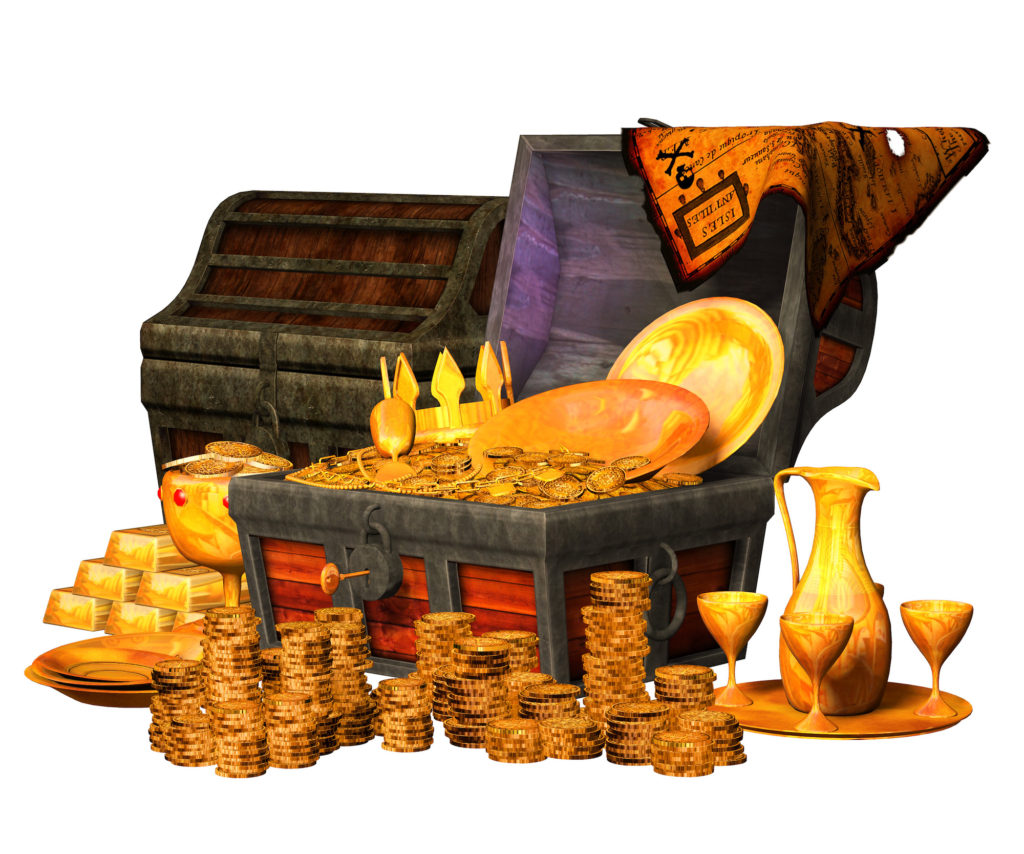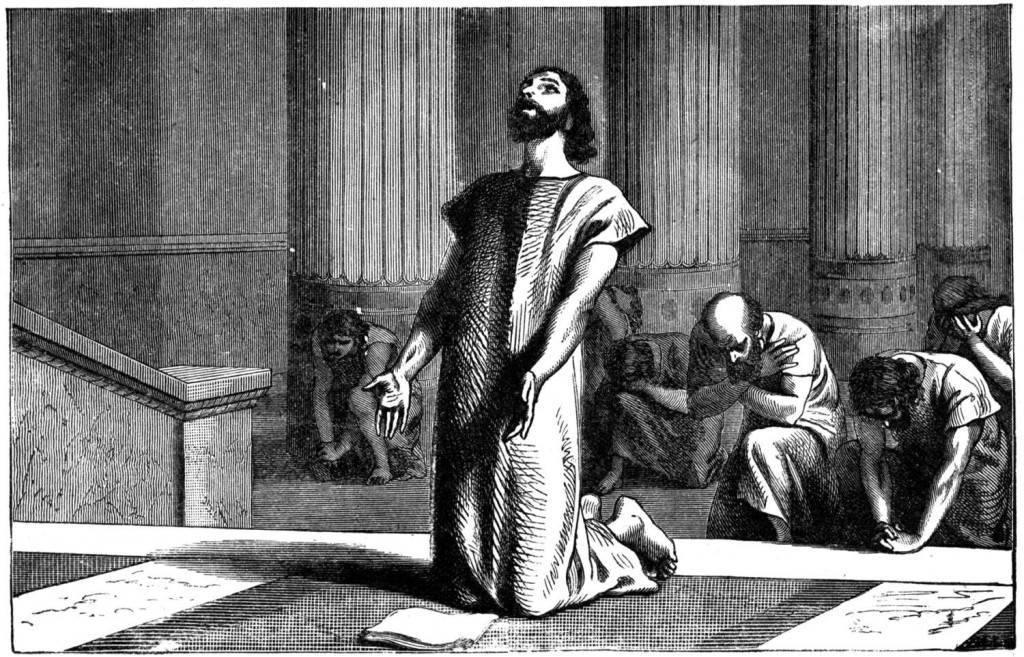
Exodus 19:5, If…then. (See also Exod 23:22.) This verse shows the conditional nature of the Mosaic Covenant. The blessings of YHVH upon the people are conditional upon their obedience to his commandments.
Peculiar treasure. This term or treasured people (Heb. am segulah) is used several times in the Torah. Here (Exod 19:4–6) YHVH betrothed himself to and married the people of Israel and they became his am segulah or treasured possession among all the peoples of the nation, a kingdom of priests and a kadosh or set-apart nation. Later Moses restates this same idea to the younger generation Israelites about to enter the Promised Land (Deut 14:2); and finally in Deuteronomy 26:18 (see also 7:6) he again calls Israel his “treasured people” and admonishes them to keep his Torah-commands that he might “make you high above all the nations which he has made, in praise, and in name, and in honor, and that you may be a set-apart people unto YHVH your Elohim.” In the Testimony of Yeshua, this theme is again picked up by Peter in his first epistle (1 Pet 2:9) when he refers to the saints as “a chosen generation, a royal priesthood, a set-apart nation, a peculiar people.”
Am segulah means “possession, treasure, valued property, peculiar treasure.” The basic meaning of the word is “personal property.” Well attested in Hebrew, Ugaritic, and Aramaic, the Akkadian sakalu, ‘to acquire property’ and sikiltum ‘personal property’ are also doubtless related. While the word occurs only eight times, it is filled with theological and spiritual treasures. The preacher in Ecclesiastes reports that the accumulation of the finest of personal possessions is sheer vanity. Those who fear the Lord become his peculiar possessions whom he will never forget, even in that time of great judgment (Mal 3:16–18, see TWOT).
“Israel was God’s personal possession (Ps 135:4). Moses reminded Israel that God chose her and redeemed her from bondage not because of her goodness, but solely because he loved her and was faithful to the promises given to the patriarchs. Israel should reflect God’s holiness and live out his commandments (Deut. 12:2ff), reflecting his standards in a life of wholehearted compliance with the terms of the covenant made at Sinai (Ex. 19:5-6) and renewed at their entrance into Canaan. Then would they have good success (Deut. 26:16-19). So it should be with all believers. These verses are doubtless alluded to in Titus 2:14 and 1 Peter 2:9” (Ibid.).
How do you view yourself spiritually? How does Elohim view you? How are these two views different from each other? How you view yourself should be determined by what the Scriptures say about you. What does Elohim’s Word say, and do you believe it?
- I am complete in Yehshua who is the head of all principality and power. (Col 2:10)


